DAY 1 – 28th November, 2022
Development of a highly efficient workflow for clonal iPSCs
9:00am EDT / 2:00pm GMT / 3:00pm CET
Genetic edition of iPSCs to develop certified and off-the-shelf cell therapy treatments is time consuming and resource intensive. Considerable research has gone into developing novel techniques and instruments to derive stable cell lines more efficiently with special emphasis on assurance of monoclonality and high recovery.
CYTENA’s latest single cell dispenser is the UP.SIGHT. It utilizes proprietary, transparent microfluidic chips and real-time imaging technology and algorithms to sort and dispense single cells into 96- or 384- well microplates with high viability and high efficiency. On the 384 well plate format, the UP.SIGHT provides verification of single-cell isolation during the dispensing process with a probability of clonality >99.99%, fulfilling the required regulatory expectations. Furthermore, the UP.SIGHT also provides plate imager capabilities to enable colony tracking.
Here we show that gentle single cell cloning of iPSCs employing the UP.SIGHT is technically possible, resulting in healthy, undifferentiated colonies. Furthermore, we show an example of method optimization that dramatically improved clone recovery.
In conclusion, the UP.SIGHT is a multipurpose instrument that allows efficient, high-quality and time-saving dispensing of iPSCs and early monitoring to pick the right clones.
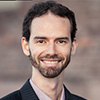
Fernando Aprile Garcia, PhD
CYTENA
View More Details +
Use of Capacitance and High Resolution Optical Measurements as a Way of Continuous Monitoring of a Bioprocess
10:00am EDT / 3:00pm GMT / 4:00pm CET
Michael Butler
Chief Scientific Officer (CSO)
National Institute of Bioprocessing Research & Training (NIBRT), Ireland
View More Details +
Challenges and Solutions for Successful Technology Transfer of Cell Culture Processes
11:00am EDT / 4:00pm GMT / 5:00pm CET
Susan Dana Jones, Ph.D.
Chief Technology Officer
Tourmaline Bio
View More Details +
DAY 2 – 29th November, 2022
Taking Charge of Change - Technical Support for a change in your filtration process
9:00am EDT / 2:00pm GMT / 3:00pm CET
Attendees will learn – why not to fear a process change (if done correctly), the steps required to successfully change or dual source their filtration process and how a vendor such as Parker Bioscience filtration can support this activity. We will review the reasons to change and the advantages which can be found through making process changes, how a vendor supports testing from small scale testing to full process validation, review a case study of a such an activity and conclude with how to seek this support from Parker.
Speaker:
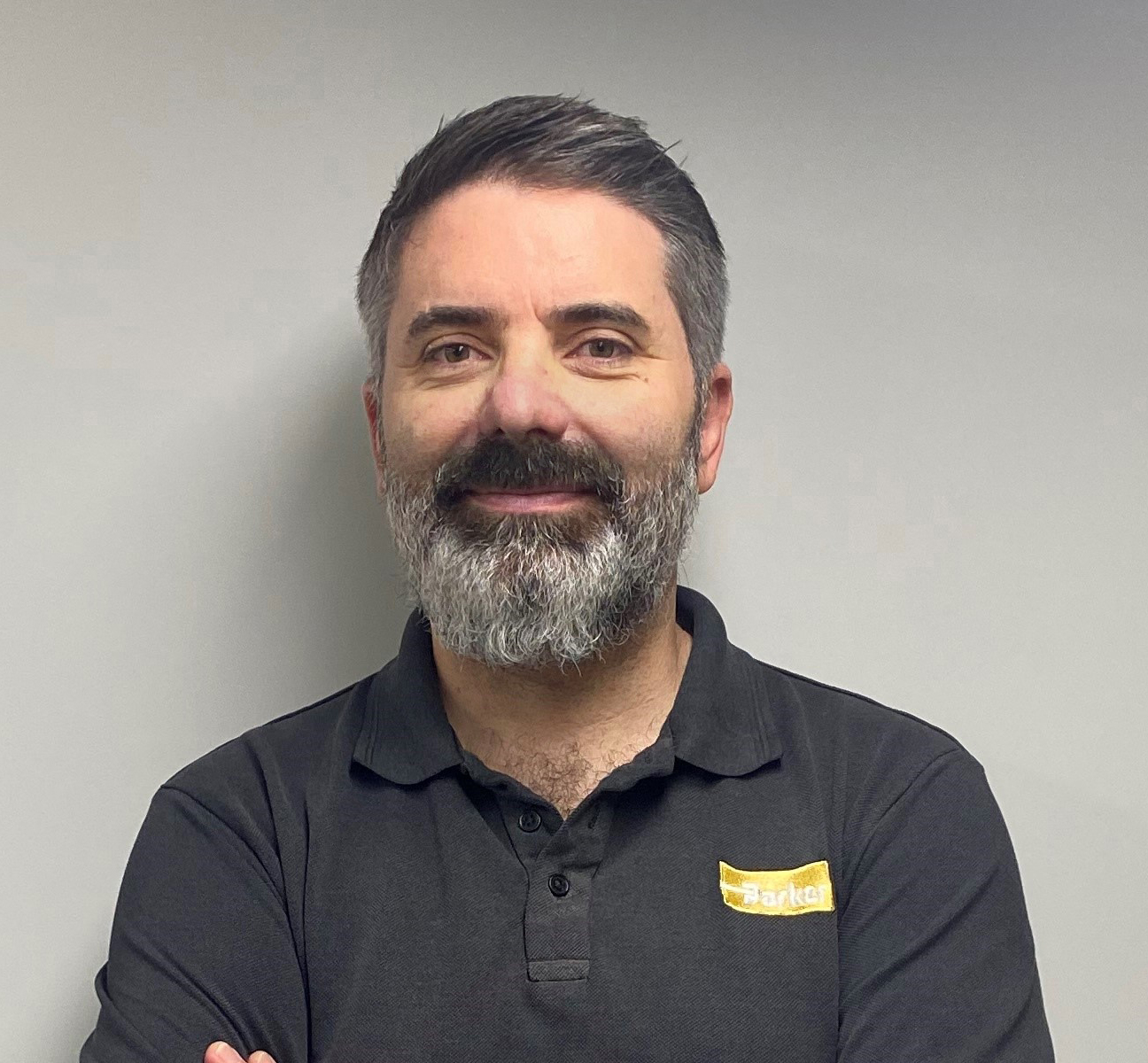
Paul Hymus
Product Manager Bioprocess Filtration
Parker
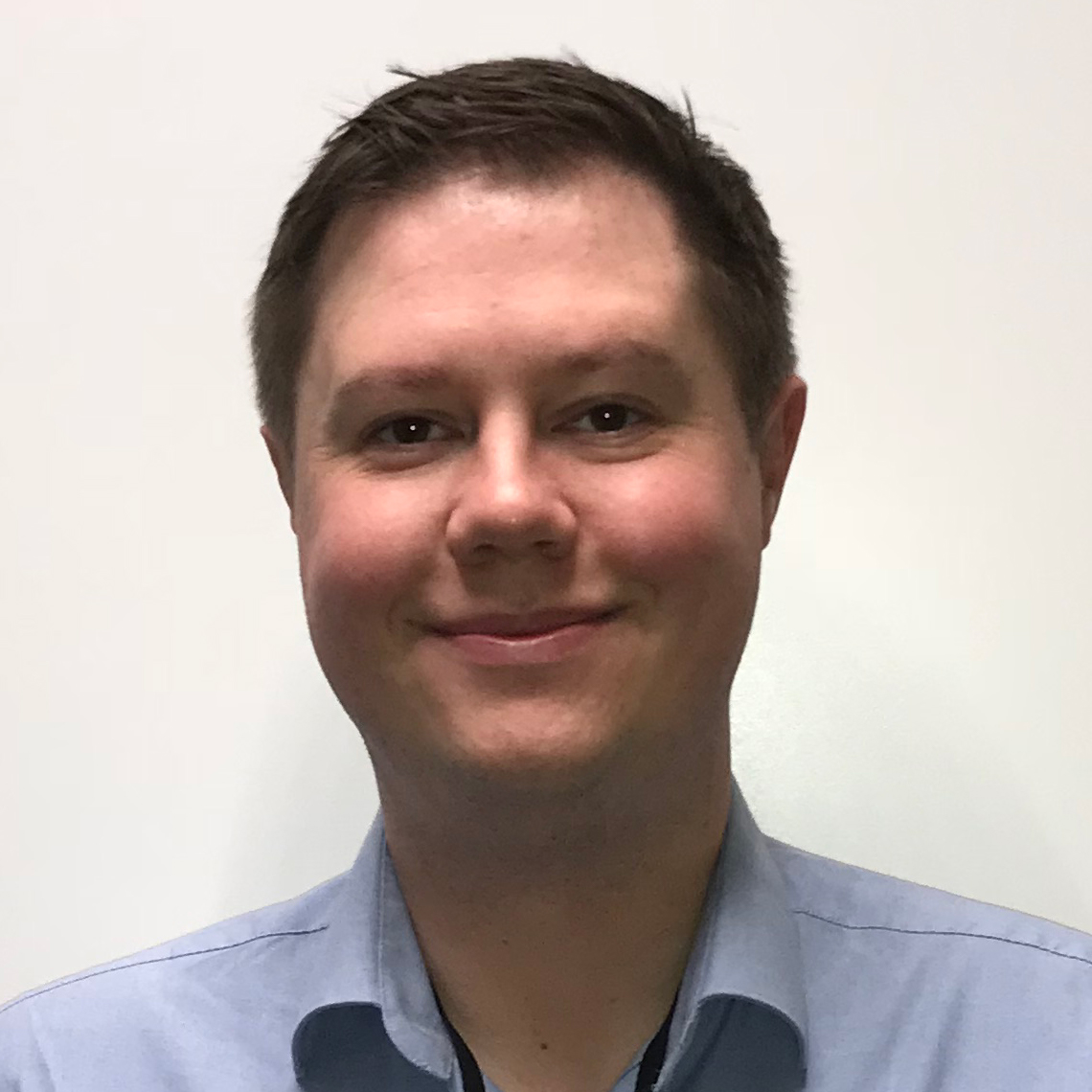
David Hearney
Division Marketing Manager
Parker
View More Details +
Technology Advances in Tangential Flow Filtration (TFF) and Automated Aseptic Filling for Improved ROI
10:00am EDT / 3:00pm GMT / 4:00pm CET
Meissner will be covering new innovations and advances in current product portfolios with a 20-minute tech update delivered by two Meissner experts. Technologies covered will include optimized tangential flow filtration (TFF) for applications such as cell culture perfusion, clarification, and cell concentration; and optimized automated aseptic filling solutions for both large volume fill operations and large quantities of small volume fill operations.
SepraPor® hollow fiber filters’ robust, reliable performance will be highlighted in a case study evaluating their operation as the cell retention device over an 18-day perfusion run. Additionally, the AccuFill™ automated aseptic filler will also be highlighted as a high speed solution for filling single-use systems from 500 mL to 1,000 L accurately and reliably, while application case studies are explored to demonstrate return on investment and year-over-year savings.
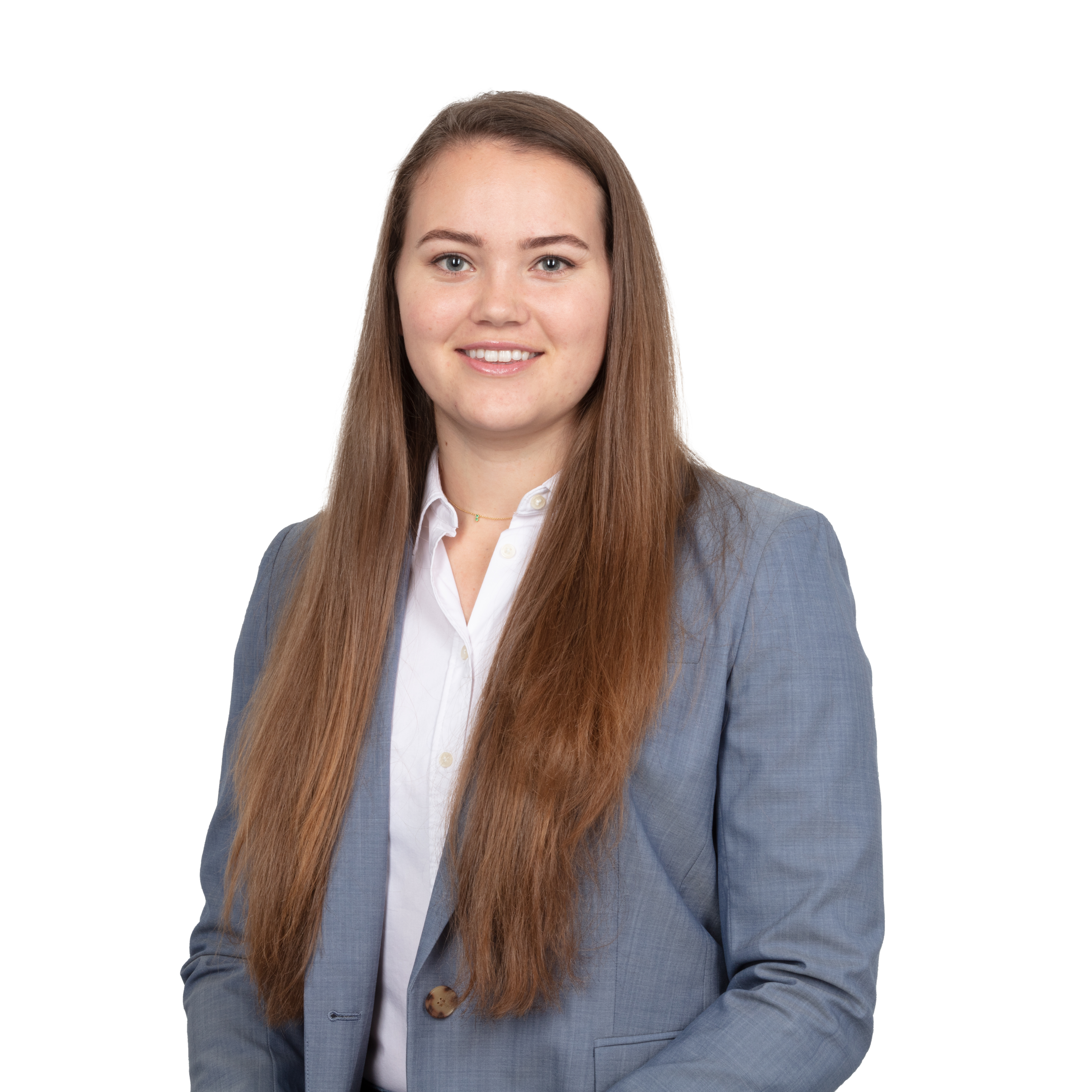
Jessica McRoskey
Process Development Engineer
Meissner Filtration
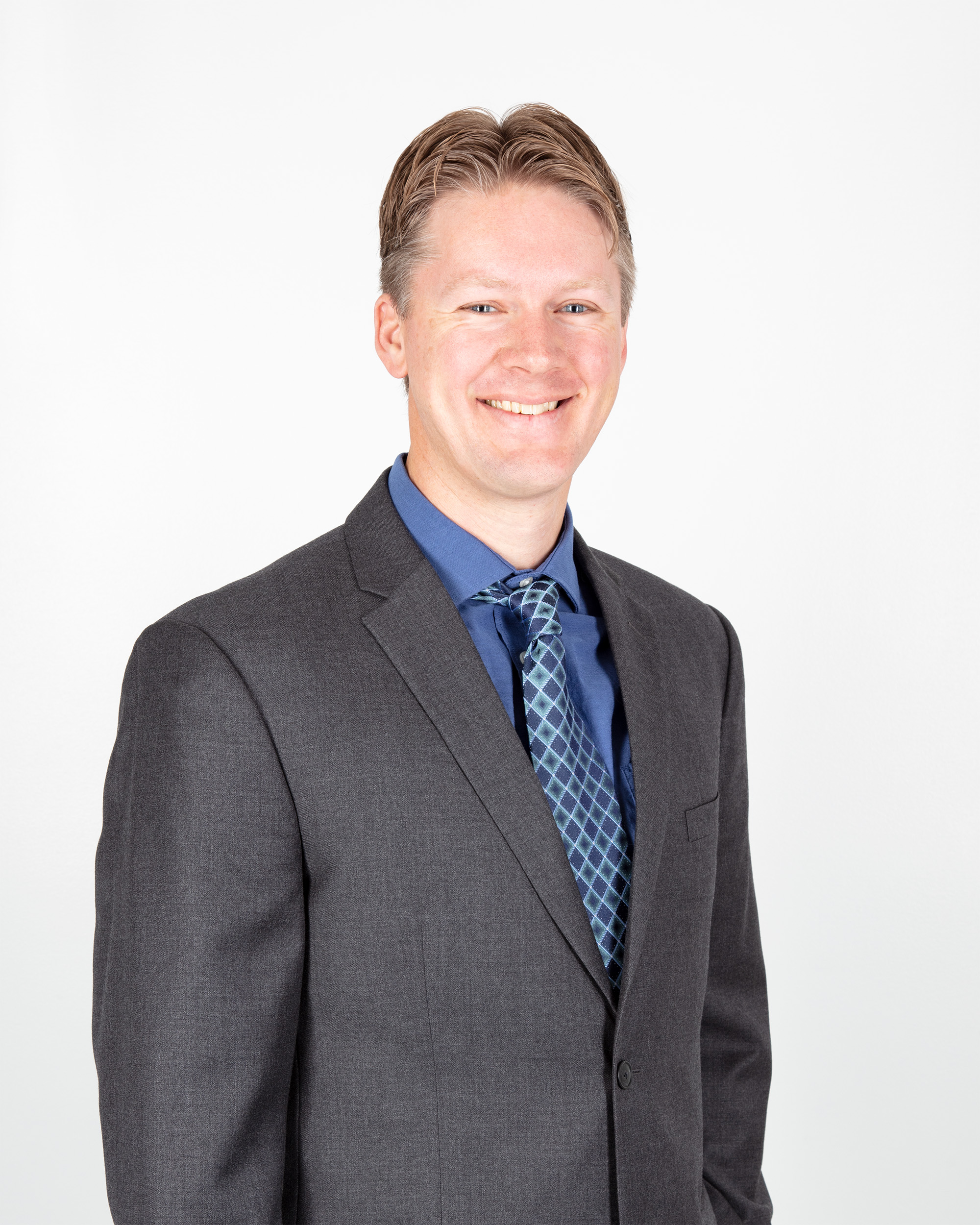
Tristan Winneker
Product Manager
Meissner Filtration
View More Details +
DAY 3 – 30th November, 2022
Integrating Virus Filtration into Continuous Processing
9:00am EDT / 2:00pm GMT / 3:00pm CET
The accelerated rate of advancement in downstream bioprocessing is largely driven by the increased need for improved biotherapeutics. Continuous bioprocessing, specifically, is becoming more widely adopted in biomanufacturing, and companies are exploring various ways the implementation of this technology can help them efficiently produce high quality products. As continuous manufacturing leads to changes in processes, facilities and equipment, these factors need to be considered within the virus filter design space. It may be reassuring to know that an already established technology, one that has been used to ensure the safety of biologic products for years, can be tailored to fit into and function within a continuous downstream process.
In this session, attendees will learn about the feasibility of small-scale long-term virus filtration. The studies presented will show the impact of extended process times and dynamic product streams present in continuous manufacturing on Planova 20N and BioEX filters. Additionally, a mock chromatography step elution peak having increased protein, salt and bacteriophage concentrations was successfully processed on both virus filter types. Finally, MVM-spiked continuous virus filtrations were successfully implemented for up to 6 days at low flux. The impacts of low flux and process pauses on viral clearance were evaluated under these conditions.
The work presented demonstrates that small-scale viral clearance studies can be designed to model a continuous VF step with specific process parameters. The integration of continuous VF into continuous biomanufacturing processes is therefore applicable and adaptable, although it remains largely process-dependent. The ability to implement continuous VF as part of “facilities of the future” can help companies reduce footprint while achieving desired product throughputs.
Speaker:
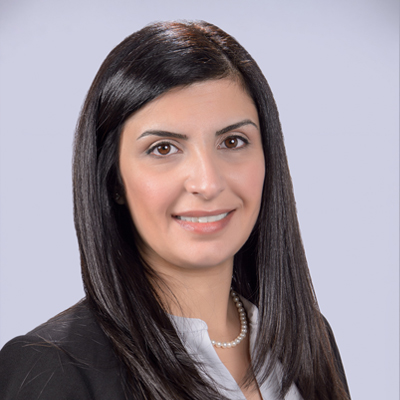
Julie Kozaili Ph.D.
Senior Scientist
Asahi Kasei Bioprocess America, Inc.
View More Details +
Evaluating Strategies for Meeting Commercial Antibody Demand
10:00am EDT / 3:00pm GMT / 4:00pm CET
Biotech companies must make important decisions about their commercial manufacturing strategies despite having limited data about demand forecasts. Manufacturing in facilities with multiple 20,000-L cell culture bioreactors is very efficient and will deliver low Cost of Goods, particularly for high volume products. High-throughput single-use ballroom facilities are a flexible alternative to large-scale stainless steel manufacturing plants and are well suited towards highly targeted therapeutics addressing niche markets. Continuous biomanufacturing platforms are now available which provide a high productivity yet flexible option to companies commercializing biologics. This presentation will describe each strategy and the benefits of each in different scenarios.
In this session, we’ll discuss:
- Biotech companies must make important decisions about their commercial manufacturing strategies despite having limited data about demand forecasts.
- Manufacturing in facilities with multiple 20,000-L cell culture bioreactors is very efficient and will deliver low Cost of Goods, particularly for high volume products.
- High-throughput single-use ballroom facilities are a flexible alternative to large-scale stainless steel manufacturing plants and are well suited towards highly targeted therapeutics addressing niche markets.
- Continuous biomanufacturing platforms are now available which provide a high productivity yet flexible option to companies commercializing biologics.
- This presentation will describe each strategy and the benefits of each in different scenarios.
Speaker:
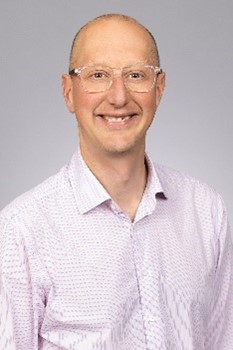
Nick Hutchinson
Business Steering Group Leader for Mammalian Cell Culture
FUJIFILM Diosynth Biotechnologies
View More Details +
Navigating Digital Initiatives during Industry Disruption
11:00am EDT / 4:00pm GMT / 5:00pm CET
Modern digital offerings inspire new approaches for how to architect an integrated data solution for informational and operational technologies, however in this rapidly expanding market there is misalignment on implementation strategies and discrepancies between data resources. How do you determine your digital engagement plan? This presentation will provide tools to navigate solution exploration and cover the following topics:
- State of the industry and current disruptors including the advent of SaaS based technology within manufacturing facilities
- Where is digital going - Digital disciplines to consider such as cybersecurity, cloud governance and management, “Open” platforms, “Low / No-Code” offerings, SaaS platforms, and more
- Actions needed related to cost of entry, risk mitigation, and rollout strategy when starting your next digital initiative
Speaker:
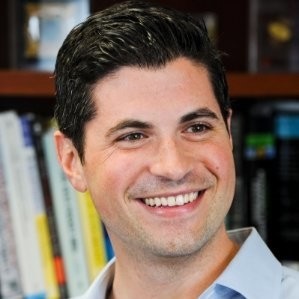
Michael Cody
Director, Digital & Clinical Manufacturing
Zaether
View More Details +
DAY 4 - 1st December, 2022
Study of Superior MF Membrane Structure for Perfusion Cell Culture: Influence of Cell Density and Shear at Membrane Surface on Filtration Performance
9:00am EDT / 2:00pm GMT / 3:00pm CET
Perfusion cell culture is promising technology for improving efficiency and productivity of biologics production. Hollow fiber MF membranes are often used for perfusion cell culture. However, product sieving and membrane clogging during perfusion cell culture are considered to be the major challenges when transferring from batch or fed-batch culture to perfusion culture.
We investigated how the combination of MF membrane structure and filtration condition influences the filtration performance during perfusion cell culture, with particular focus on influence of cell density and shear at membrane surface. As a result, we found suitable combinations of MF membrane structure and filtration condition for perfusion cell culture.
In this session, we will present how our MF membranes for perfusion cell culture (BioOptimal™ MF-SL, Microza™ UMP and UJP) help minimizing product sieving decay and membrane clogging. Individual filter characteristics will also be discussed as a guide to solving your unique problems.
Speaker:
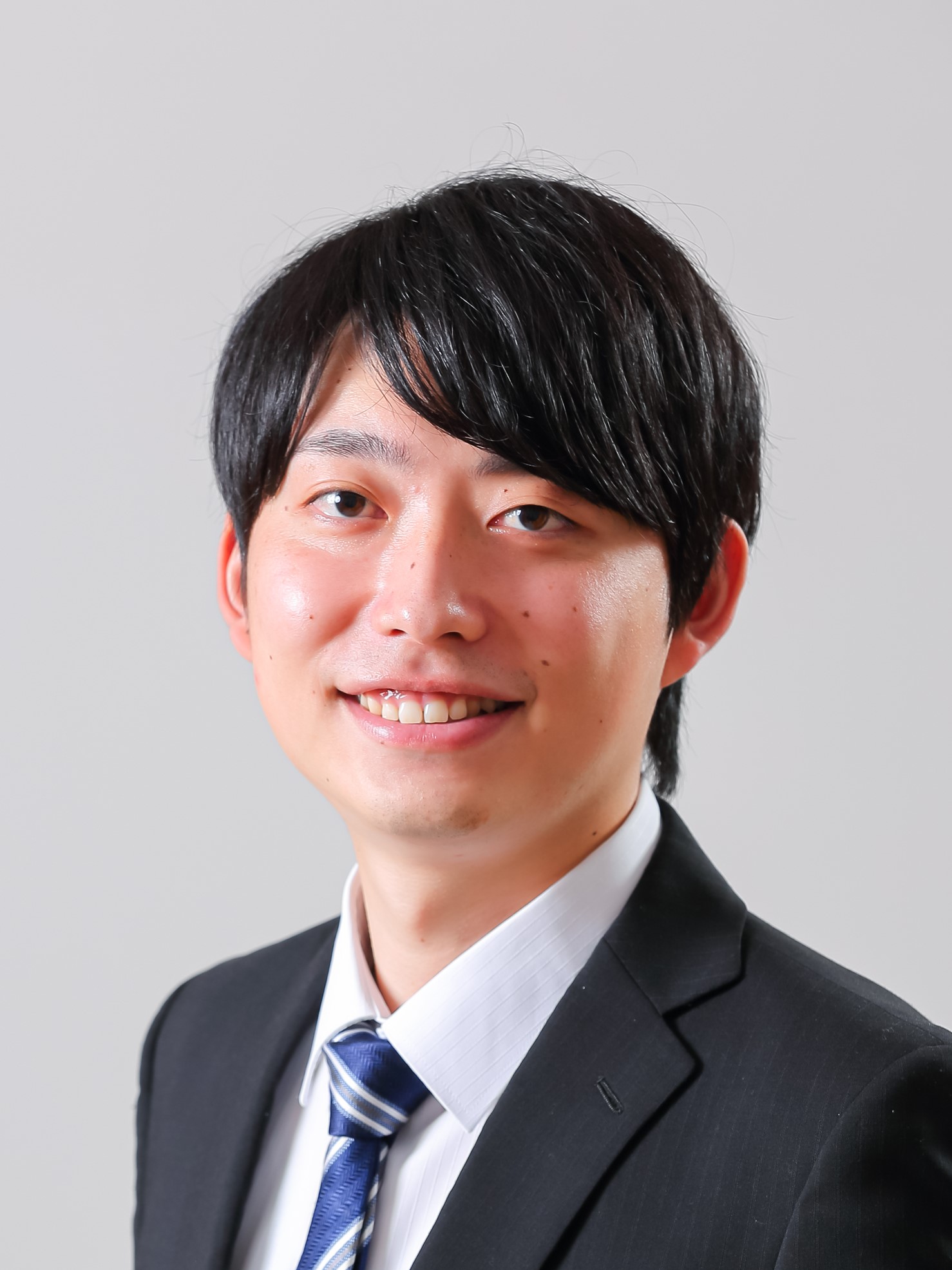
Shun Matsuda
Scientist
Asahi Kasei Medical Co., LTD.
View More Details +
Innovations in Artificial Intelligence Drive Inventory Management for Single-Use Products and Assurance of Supply
10:00am EDT / 3:00pm GMT / 4:00pm CET
The increased adaption of single-use technologies and the custom solutions that are offered has put pressure on inventory management and on time deliveries. Learn how artificial intelligence is helping to solve these problems and manage inventory for single-use production.
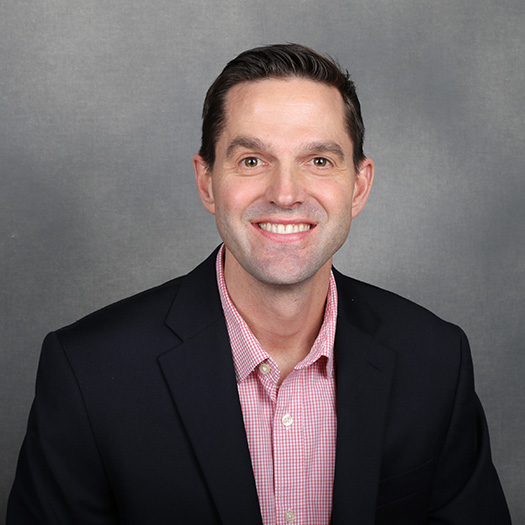
Timothy Korwan
Director, New Product Introduction
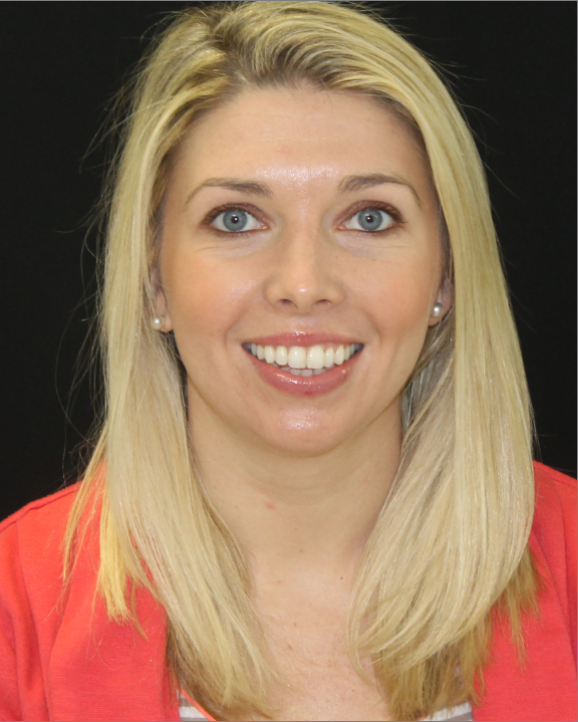
Sarah Landry
Operations Manager, Avantor Fluid Handling
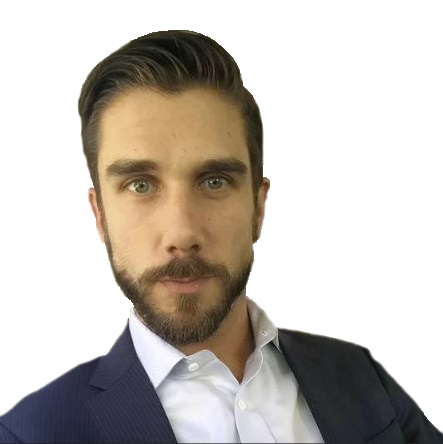
Alex Joyner
Digital Lab Product Manager
View More Details +
Feedback control solution for maximum productivity in continuous microbial biomanufacturing
11:00am EDT / 4:00pm GMT / 5:00pm CET
Christoph Herwig
Professor Biochemical Engineering, TU Wien, Austria
View More Details +












